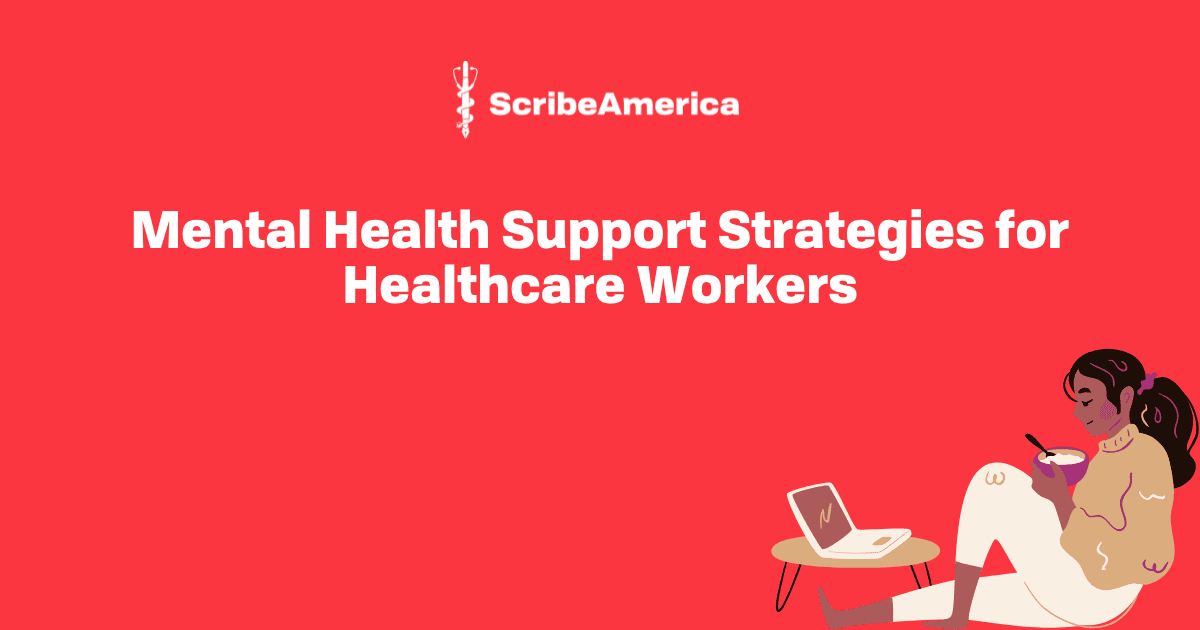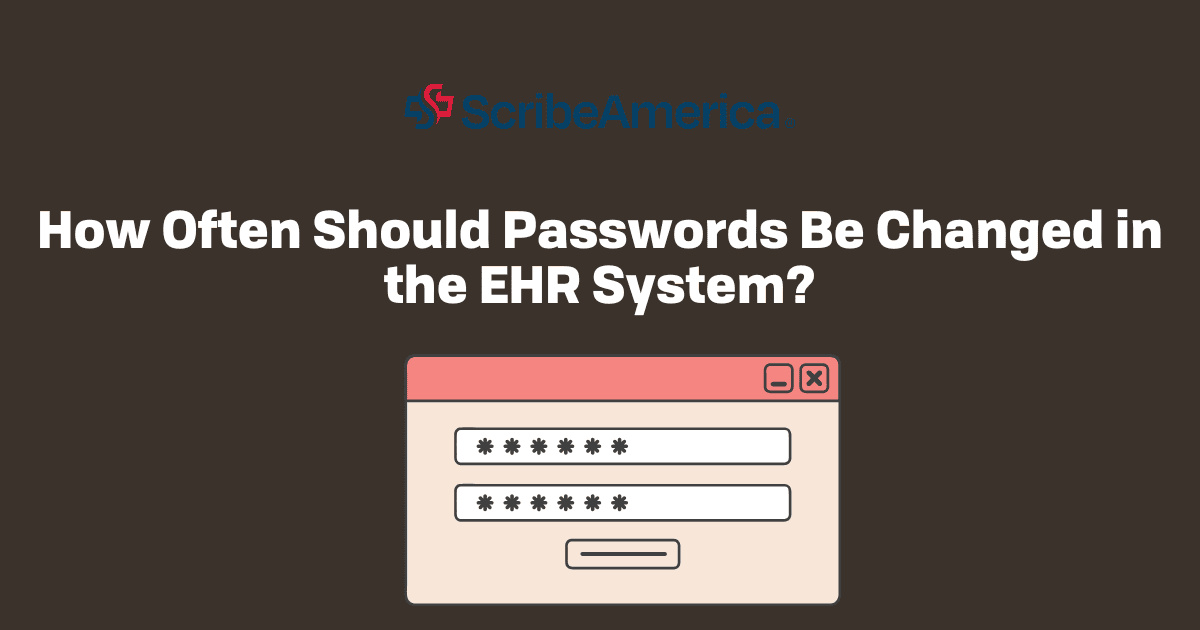Key Points:
- Normalizing mental health conversations – Creating a culture where mental health discussions are encouraged and free of stigma is essential. When healthcare workers feel safe talking about their emotional struggles, they are more likely to seek help early and avoid long-term consequences.
- Providing accessible mental health support – Offering on-site or virtual counseling services for healthcare workers can help manage stress, trauma, and grief. These resources should be easy to access and regularly promoted to ensure their importance is recognized.
- Encouraging regular breaks and peer support – Ensuring that healthcare workers have enough rest and manageable workloads can help reduce burnout. Additionally, fostering peer support networks or mentorship programs can provide a sense of community and help workers build resilience together.
Working in healthcare is one of the most demanding and emotionally draining professions out there. Long hours, high-stress environments, emotional fatigue, and exposure to trauma can gradually take a toll on even the most resilient individuals. That’s why implementing effective mental health support strategies is simply essential in this sector.
Let’s explore practical and proven strategies to support mental health for healthcare workers. So, no matter if you’re a physician, nurse, technician, or a medical scribe, hopefully these tips will help you create a better work environment.
The mental health landscape in healthcare
Before we talk about strategies to support mental health, we need to acknowledge just how tough things can be for healthcare workers. Burnout, compassion fatigue, and anxiety are all common across the industry. According to studies, more than half of physicians and nurses report symptoms of burnout. Given this, healthcare institutions and individuals alike should prioritize strategies to support mental health at both organizational and personal levels.

Here are some tips that can improve the wellbeing of healthcare professionals:
Normalizing mental health conversations
One of the most powerful yet underused mental health support strategies is simply creating a culture where talking about mental health is encouraged and free of stigma. When healthcare professionals feel safe discussing their emotional struggles, they’re more likely to seek help early and avoid long-term damage.
Leadership should actively foster open conversations about mental well-being, model vulnerability, and promote the use of mental health resources without fear of judgment.
Offering on-site and virtual counseling options
Access to timely, confidential mental health services can make a significant difference. Many hospitals and clinics now offer on-site counselors or virtual therapy sessions tailored specifically for healthcare workers. These services provide a safe space to process stress, grief, and trauma.
Employers should ensure that these resources are easily accessible and regularly promoted. Making mental health care something we do as regularly as a yearly checkup sends a powerful message about its importance.
Encouraging regular breaks
Fatigue is one of the leading contributors to burnout. One of the most practical strategies to support mental health is ensuring staff have adequate rest periods and manageable workloads. This means not just encouraging breaks, but actively structuring them into daily routines.
If it’s possible, hospitals and clinics should try to give staff more time to rest, avoid too much overtime, and be flexible with schedules.
Fostering peer support networks
Sometimes, the best support comes from those who understand what others are going through. Peer support programs, mentorship circles, or informal buddy systems offer a sense of community and shared experience, so workers can debrief, share coping strategies, and build resilience together. Creating these networks is one of the most human-centered mental health support strategies you can implement. They foster empathy, trust, and a sense of not being alone.
Providing training in stress management and emotional resilience
Another vital piece of the puzzle is equipping healthcare workers with tools to care for their own mental health. Workshops and training sessions on mindfulness and stress management can help individuals develop healthy coping mechanisms.
These programs not only enhance individual well-being but can also improve patient care, teamwork, and job satisfaction.
Leveraging the role of medical scribes to reduce burnout
One simple but often overlooked way to take some pressure off healthcare workers is by bringing in medical scribes to help out. By handling the administrative aspects of patient documentation, scribes allow clinicians to focus more on patient care and less on paperwork.
If you're a healthcare provider, hiring a medical scribe could be one of the most practical mental health support strategies to lighten your workload. If you’re thinking about a career in medicine, working as a medical scribe can be a great way to get your foot in the door and make a real difference at the same time.
The Takeaway
Implementing mental health support strategies isn’t just the right thing to do – it’s essential. When burnout and mental fatigue take a toll, it doesn’t just hurt individual workers; it affects patient care, team morale, and whether staff stick around. By normalizing mental health care, offering accessible support services and encouraging rest, we can build a more compassionate and sustainable healthcare system.
So, if you’re a provider feeling the weight of documentation and long hours, consider how a medical scribe could help lighten the load. And if you’re exploring career opportunities that allow you to support healthcare teams in a meaningful way, check out our current medical scribe job openings.




